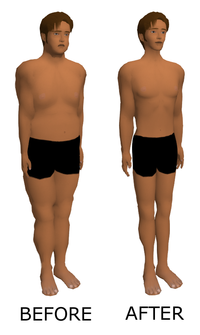
What Develops in Infants' Spatial Categorization? Korean Infants' Categorization of Containment and Tight-Fit Relations.
Sign Up to like & getrecommendations! Published in 2018 at "Child development"
DOI: 10.1111/cdev.12903
Abstract: Korean-learning infants' categorization of two spatial categories, one consistent and one inconsistent with the Korean semantic category of "kkita," was examined. Infants of 10 months (n = 32) and 18 months (n = 49) were tested on their categorization of containment… read more here.
Keywords: categorization; categorization containment; infants categorization; tight fit ... See more keywords

Korean infants' perceptual responses to Korean and Western music based on musical experience.
Sign Up to like & getrecommendations! Published in 2023 at "Developmental science"
DOI: 10.1111/desc.13378
Abstract: This study investigates infants' enculturation to music in a bicultural musical environment. We tested 49 12- to 30-month-old Korean infants on their preference for Korean or Western traditional songs played by haegeum and cello. Korean… read more here.
Keywords: music; korean infants; korean western; orientation ... See more keywords

Development of fricative sound perception in Korean infants: The role of language experience and infants’ initial sensitivity
Sign Up to like & getrecommendations! Published in 2018 at "PLoS ONE"
DOI: 10.1371/journal.pone.0199045
Abstract: In this paper, we report data on the development of Korean infants’ perception of a rare fricative phoneme distinction. Korean fricative consonants have received much interest in the linguistic community due to the language’s distinct… read more here.
Keywords: perception; development fricative; sound; language ... See more keywords

Timing of Adiposity Rebound and Determinants of Early Adiposity Rebound in Korean Infants and Children Based on Data from the National Health Insurance Service
Sign Up to like & getrecommendations! Published in 2022 at "Nutrients"
DOI: 10.3390/nu14050929
Abstract: Adiposity rebound (AR) is defined as the second rise in the body mass index (BMI) usually occurring in early childhood. This study aimed to investigate the timing of AR and the factors determining early AR… read more here.
Keywords: adiposity; adiposity rebound; time period; korean infants ... See more keywords